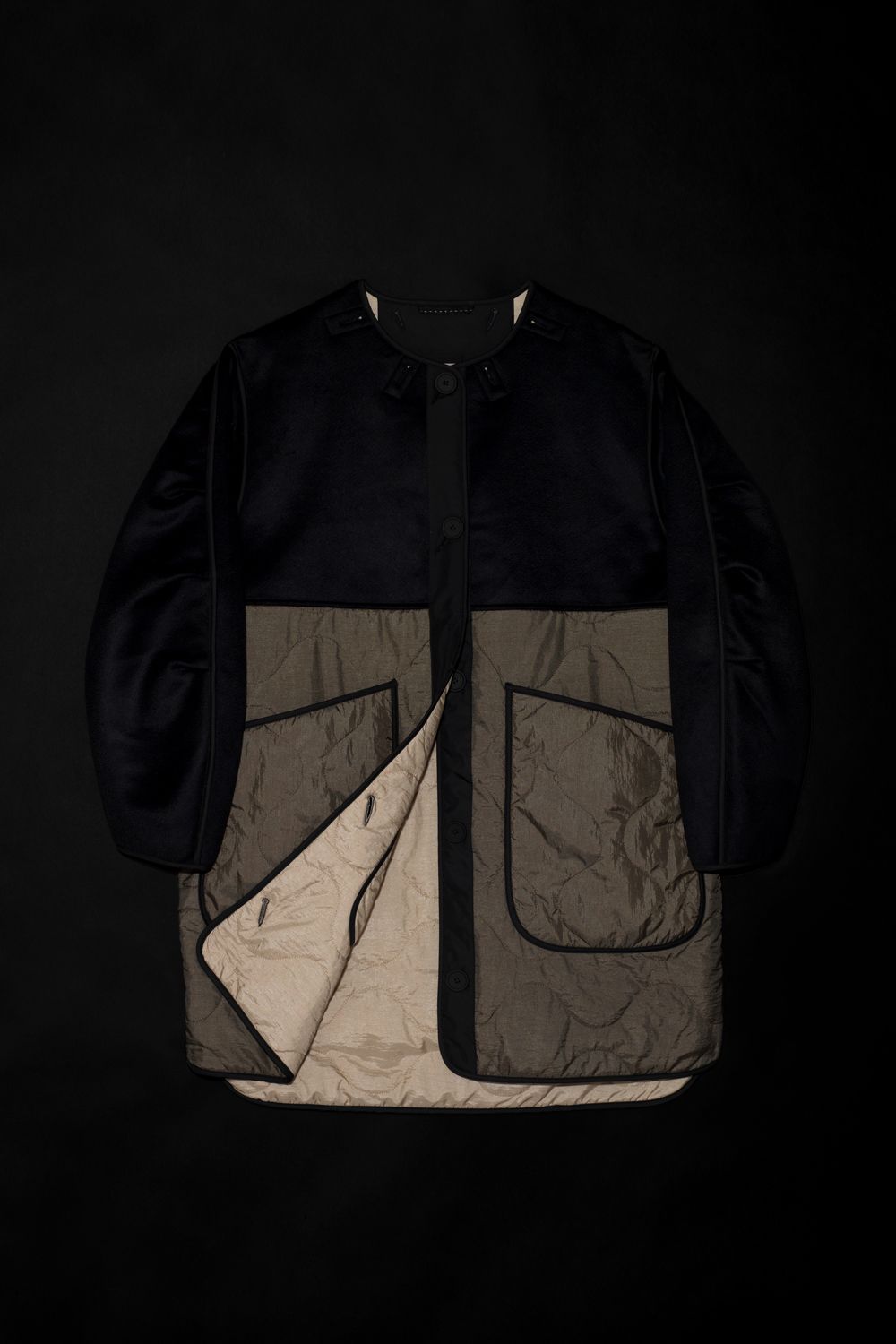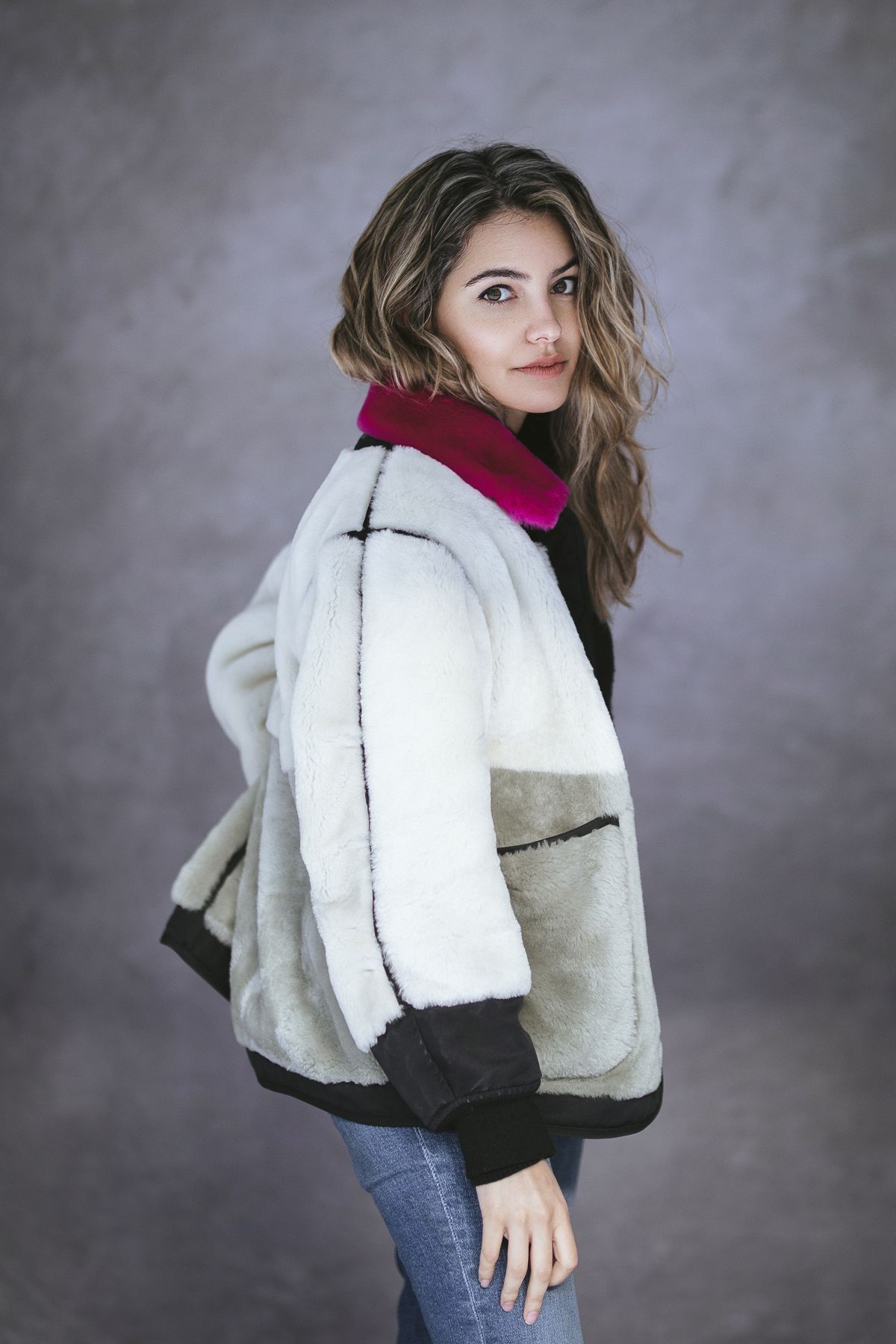Fatima Farheen Mirza
We are lucky to count Fatima Farheen Mirza as an organic fan of Marfa Stance, so we are thrilled to spotlight the inspiring author as our Marfa Muse.
The New York Times best-selling author grew up in California and gained a place at the prestigious Iowa Writers’ Workshop whose alumni include Ann Patchett. Her debut novel, A Place for Us is the first book published by Sarah Jessica Parker’s new imprint for Hogarth and explores the tensions within a devout Muslim family in America at the turn of the millennium. She now lives in London.
#marfamuse
Did you always want to be a writer?
I’ve always wanted to be a writer, ever since I could remember. I was writing poetry at eight and as early as six years old, I wrote what I now jokingly refer to as my “memoirs” which detail when my brother was born and when my grandmother took us into our back yard to pick plums. So I have always had this love and fascination for the written word and I’ve always felt it’s the way to express what you are feeling. But it wasn’t until I was 18 that I thought I could do it seriously.
Was there anything that held you back?
I think what put me off was that I had never seen a story like mine. Or a character like me or my loved ones in fiction and growing up there were rarely - actually never - novels about Muslim families or people who were going through things in life that were rooted in the texture of that existence. That was the biggest block for me.At some level, I internalized that because when I was growing up, I'd write about white characters, or characters with culturally ambiguous names, characters who were not rooted in my faith or my background.
Was it hard growing up straddling two cultures?
Having two cultures, two languages and two value systems presented its challenges although it was quite an enriching thing too. It also gave me a perspective that I don’t think I would have had otherwise. It was also small things like what it was like to grow up speaking Urdu and how that gave me a very different experience of language. Urdu especially Urdu poetry is a very felt language.Another part of growing up between two cultures and value systems is that it really makes you feel very intentional about your life, about what you want to honour and to carry on. It has helped me find out what my internal compass is, what my value system is and how I can live in alignment with both.
What happened when you got the call from Sarah Jessica Parker to option your book?
I had just stepped off the subway and was trying to find the nearest quiet place which happened to be a McDonalds. It was a surreal moment as people kept asking if they could share a table with me whilst I was on the phone having this very life-changing conversation.
What was working with Sarah Jessica Parker like?
She is one of the most generous, warm-hearted, enthusiastic, passionate, charming people I have ever had the pleasure of meeting and working with. She was a loving shepherd to bring my book into the world.
How has becoming a New York Times best-selling author changed your life?
I’m not sure about New York Times best-selling author but it’s more when I think about how being an author has changed my life. It’s interesting because working on a book is something you do in the privacy of your office and your café… it’s a very private experience.And to see it resonate with people, that’s a very big thing. It’s a double-edged sword in a way because all you want or hope when you are working on a book is that someone will care about it one day. And then, when they do, you miss that privacy and being alone with your work.
How has your book helped others?
The most powerful feedback from readers was that this was the first time they had read their name in fiction or heard a story which captured their background and culture. And if my book has done that for someone that’s great.
How do you want to evoke change through your writing?
I can’t think about how my book can bring change, that’s maybe something a reader would be better able to answer but in terms of how it’s changed me, the whole writing process is a transformative one. When you enter a story you want to tell, it’s like you are following a question which you have been turning around in your mind and imagination and it changes in the process, it really makes you.
How do you write?
It changes week to week and at what stage you are at. In the creative stage, when you are brainstorming something from nothing, it’s really helpful to wake up really early in the morning and to sit at your desk without any interruptions and any noise, and on the days when I put my phone in a lock box, those are really great creative days. There are no distractions and I always write by hand on a piece of A4. Later typing it up …that’s a different process too.
What's next?
I’m excited to be working on another novel, but it’s a slow process. I’m also trying to see if I can adapt, A Place for Us for the screen and also really honour my creative impulses in other ways. I feel when you are a creative person, that energy can exist in other mediums, like photography for example and it will be fun to branch out. Photography by Alex Cameron
Interview by Carolyn Asome



